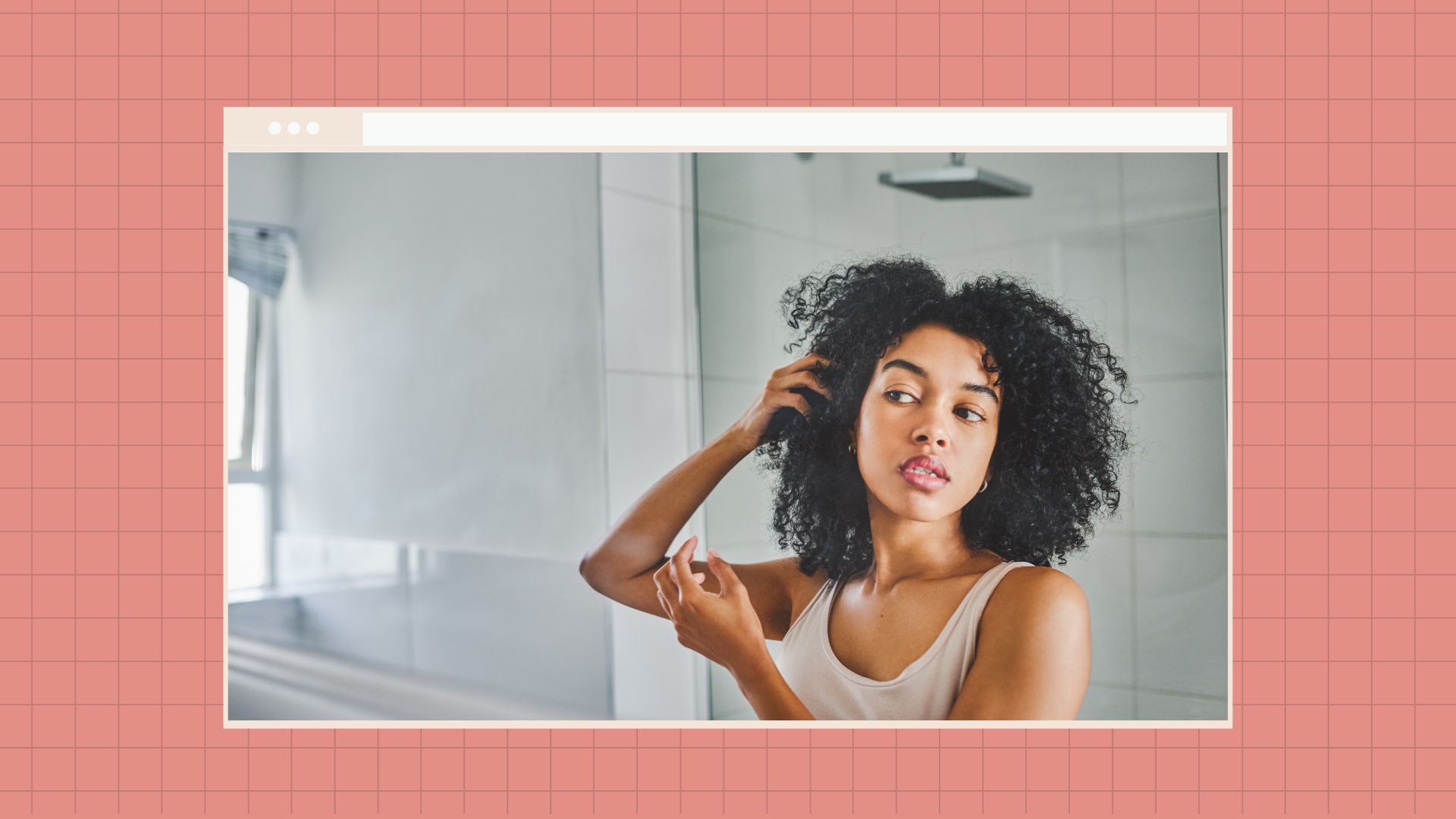Does IPL work for acne? Here's everything you need to know
Experts explain the benefits of IPL for acne in our need-to-know guide


For those battling acne or who find pesky post-breakout scars difficult to shift, it might be time to turn to the help of a professional and try IPL for acne.
IPL—which stands for Intense Pulsed Light—is a revolutionary treatment that can do wonders for your complexion. You may have heard of it in the context of hair removal, both as a professional treatment and the best at-home IPL hair removal devices, but it’s also used to treat acne. Aesthetic nurse practitioner Lucy Williams describes it as a “highly targeted solution for combating acne, offering remarkable results." We're officially intrigued.
In our need-to-know guide, four experts share everything you need to know about IPL for acne before you book your first treatment. Not only that, they've also advised on the aftercare steps you should take for the ultimate glow.
Meet the experts on IPL for acne
- Dr. Raj Arora is a doctor, skincare expert, the founder of aesthetics and skin clinic The Face Bible, and is currently working as a spokesperson for Swedish skin-tech company FOREO.
- Dr Fadi Haddad is a dermatologist at the Dr Kayle Aesthetic Clinic. He has over 18 years of experience in dermatology and delivers laser treatment for both rosacea and acne scars, as well as for veins and capillaries.
- Ridah Syed is senior medical aesthetician at the celebrity-loved skincare clinic Skinfluencer London. Ridah has over 20 years of experience as an aesthetics practitioner and has trained with the world’s leading dermatologists and plastic surgeons.
- Lucy Williams is an aesthetic nurse practitioner, skincare expert and the owner of Aurielle Aesthetics. She has more than 12 years of experience working in medicine and was trained on London's prestigious Harley Street.
Everything you need to know about IPL for acne, according to experts
Is IPL good for acne?
IPL can help to reduce oil production in the skin, and in turn reduce spots and acne. Strong pulses of light are emitted by an IPL device, targetting the cells within the skin, causing them to break down and repair.
“The intense pulsed light penetrates through various skin layers and helps to kill acne bacteria and reduce the inflammation or sebum excess (skin oil) production that can lead to acne,” says Dr. Raj Arora.
“As it utilizes a combination of high-intensity pulses of different wavelengths, this pain-free procedure can destroy acne-causing bacteria, treat swollen acne lesions, and stop overactive oil glands in the skin,” adds Dr Haddad. “All this without downtime, and all while keeping the top layer of the skin completely safe.”
Can IPL remove scars?
If your acne-busting skincare has effectively neutralized active breakouts but you find yourself now dealing with post-pimple scarring, you might also want to consider IPL to heal your skin and help fade scars.
Dr. Arora explains: “IPL can help treat the hyperpigmentation and redness that often occurs with acne scarring.” It does this by encouraging cell renewal, boosting collagen and in turn, improving skin tone and texture.
However, Williams notes that a combination of treatments where possible is the most effective approach when addressing acne scarring. This is especially the case if acne scarring is textured or raised.
“As well as IPL, microneedling can be effective for treating acne scarring,” Williams says. She adds: “Microneedling operates by inducing controlled damage to the skin, triggering a natural healing response that stimulates the production of collagen and elastin. This cascade of rejuvenation facilitates the repair of damaged tissues and promotes the growth of new, healthier skin cells.” Noted!
Can IPL treat cystic acne?
Cystic acne can be painful and difficult to treat at-home, but professional treatments could do just the trick. Thanks to the IPL wavelengths that can penetrate deep into the skin, IPL can treat cystic acne. However, Dr Arora warns that its effectiveness can vary from person to person.
"With any severe cystic acne it is always important to consider effective treatments, such as oral retinoids, as soon as possible to reduce the risk of long-term acne scarring and pigmentation,” he explains. "I often recommend a combination of IPL and chemical peels if patients are not so keen on oral medication and want alternative treatments."
Can IPL trigger acne?
Have you ever used a new skincare product, perhaps one that your favorite beauty influencer or best friend swears by, only for it to cause you to break out? We’ve all been there. The acne treatment that works for one person, might not work for another. The same is true for IPL, which may initially trigger more breakouts for some.
“Due to the heat generated, IPL can stimulate the sebaceous glands, which may cause more acne,” Syed confirms. However, Williams adds that these breakouts are usually temporary, although they may get worse before they get better as part of the process.
While this is often a short-term, temporary reaction, it’s worth keeping in mind when thinking about if and when to start your IPL journey. If you’ve got a special occasion coming up, for example, you might want to delay your treatment until you can have downtime .
How long does it take for IPL to clear acne?
IPL does not instantly combat breakouts or fade scarring. The experts recommend having four to six IPL treatments for acne, and to space these three to four weeks apart. This allows the skin time to recover and heal before your next session.
After each session, you may notice redness. Dr Haddad explains: “Post-treatment, you can feel as if you have a mild sunburn in the area for four to six hours. You may also experience slight bruising, peeling and reddening in the days after the treatment.”
What to do after your IPL treatment for acne
You should always follow the aftercare advice of your practitioner in the days after your treatment. Below, Dr Arora shares the most common advice for looking after your skin following IPL treatment.
- Cleanse the skin twice a day with a gentle gel based cleanser.
- Keep the skin hydrated/moisturized with a non-comedogenic moisturizer.
- Do not apply makeup to reduce infection risk.
- Minimize sun exposure and use one of the best sunscreens for acne-prone skin with SPF 50 to protect skin from hyperpigmentation post-treatment
- Avoid hot baths, showers, swimming, steam rooms, or saunas for 24 hours.
- Do not use any products that may be drying or irritating for 48 hours.
- Do not use any bleaching creams or perfumed products for 48 hours.
- Keep the area clean and dry post-treatment.
- Do not use any creams, lotions, or prescribed treatments in the treatment area without consulting your practitioner.

Ciara is a health and wellbeing expert and meditation practitioner. She is the former deputy editor of Red magazine and former digital health editor at womanandhome.com—and has covered all things health and wellbeing from skincare and fitness to sleep and relationships. She's always on the lookout for new health trends, innovative fitness gadgets and must-read wellness books.